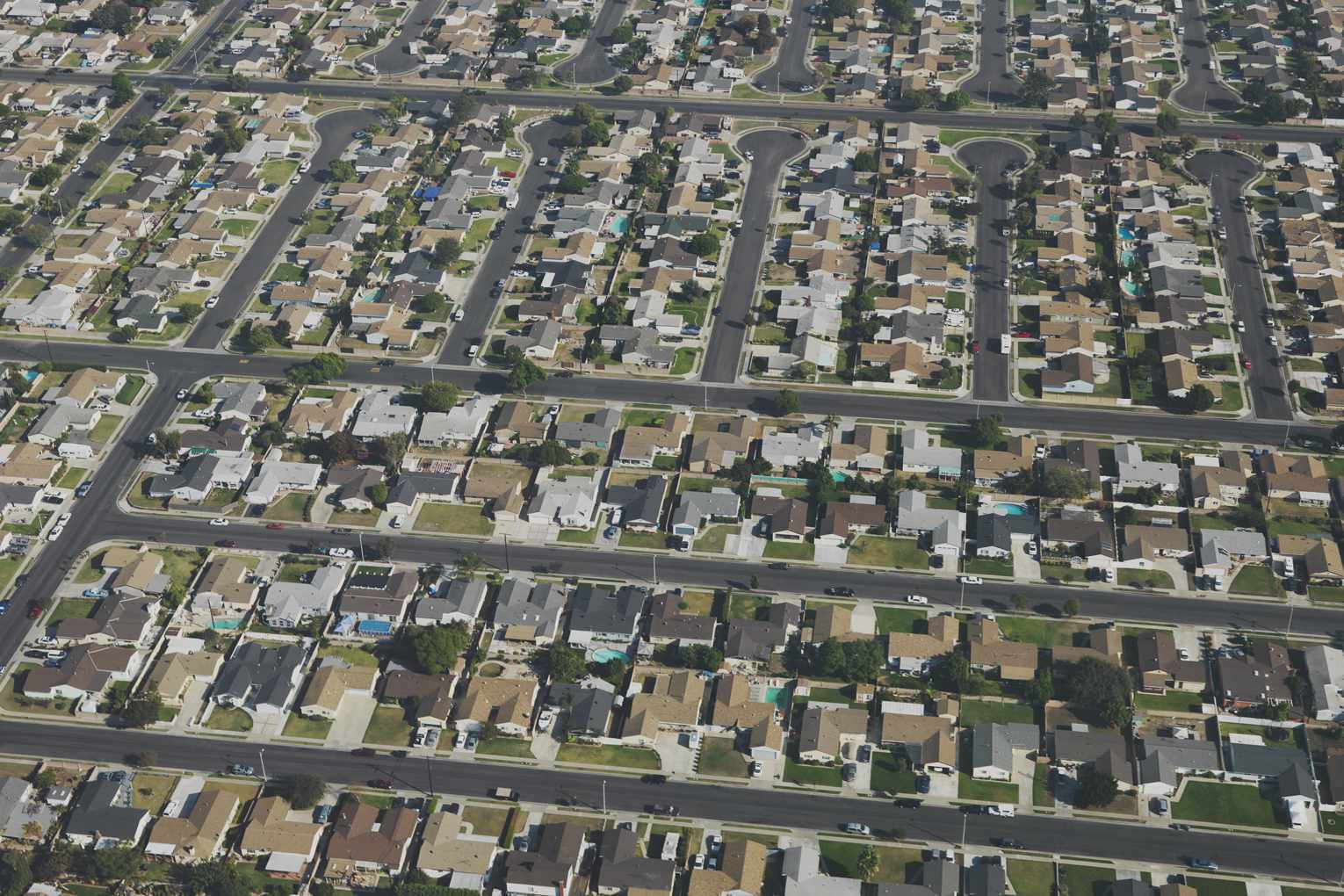
I think the answer to my title question is a simple “yes.” I recently published a book called Risky Gospel on “ordinary” Christianity. But here’s the thing: I don’t simply want Christians to accept that it’s okay to live in the ‘burbs. I want to infuse all of life with gospel passion driven by what I call “gospel risk”: because of Christ, trading a small way of life for a big vision of your existence.
I have three particular concerns in Risky Gospel. The book fits with the “new radicalism,” but I have a different focus than books like David Platt’s Radical, Francis Chan’s Crazy Love, and Kyle Idleman’s Not a Fan. (I like all three books and reference them in my writing; Idleman kindly wrote the foreword to Risky Gospel.) Here’s what makes Risky Gospel different from these and other titles:
1. I celebrate the God-rooted goodness of the so-called “ordinary Christian life.” I want believers to see that they can lead a big, God-glorifying life in the suburbs, the country, and the urban core. They can drive an SUV; they can buy Venti two-shot light-foam Caramel Macchiatos at Starbucks; they don’t have to quit their job, but can keep working at their vocation, whether that means barista in Brooklyn, stay-at-home mom in Des Moines, financial planner in Chicago, pastor in Bangor, Maine, or most anything in between. I want to infuse “ordinary,” everyday Christianity with gospel purpose.
I want people to leave everything they have and go to closed countries and share the gospel. That’s glorious! But it’s also glorious when you keep going to your church, you keep teaching Sunday School to third graders, you keep building a vocation for yourself by which to honor Christ, you keep sharing the gospel with your FedEx driver, and so on and so forth. We’re a “royal priesthood” (1 Peter 2:9), and we all serve the Lord. We sorely need to recover this truth today. We’ve embraced a new sacerdotalism that is leaving many of us without missional purpose. God wants us all plugged in and serving in his name, not just pastors and missionaries, important as these roles are.
2. I call for Christians to get serious about building institutions (home, church, work). In Risky Gospel, I make a strong case for “building” and strengthening institutions. Chapters 5-9 are all about taking dominion and building something awesome: a godly home, a God-glorifying career, a stronger local church. In an age that shows hostility to the gospel, we need institutions more than ever. Young evangelicals are especially tempted to be overly mystical, non-committal, and indifferent to larger works. I’m winsomely going after them in the book so that they’ll see how satisfying and important involvement in home, church, and work truly is!
3. I ground this call in our identity as “more than conquerors” in Christ (Romans 8:37). I’m tired of “miserable worm” Christianity. I’m tired of hearing believers mope about how defeated and weak they are. I wrote this book for believers who want a bigger, stronger, thicker faith. They can see where they want to go, but they don’t necessarily know how to get there. The best way to go from A to B is to know who we are in the power of the Spirit. Chapters 2-4 give this foundation. Evangelicalism today needs a pep talk. We need to get pumped up in Christ. Jesus deals death to sin. Jesus makes us alive. Jesus makes us more than conquerors. We’re all sinful. But we’re fundamentally a “new creation.” I celebrate and apply this reality in Risky Gospel.
It’s my hope that Risky Gospel propels a generation of believers to embrace everyday faith while kissing a weak, wussified Christianity goodbye. Whether you live in the country, the ‘burbs, or a global city, you have the opportunity to honor the Lord and taste the enthralling power of his gospel.
So what’s stopping you?

